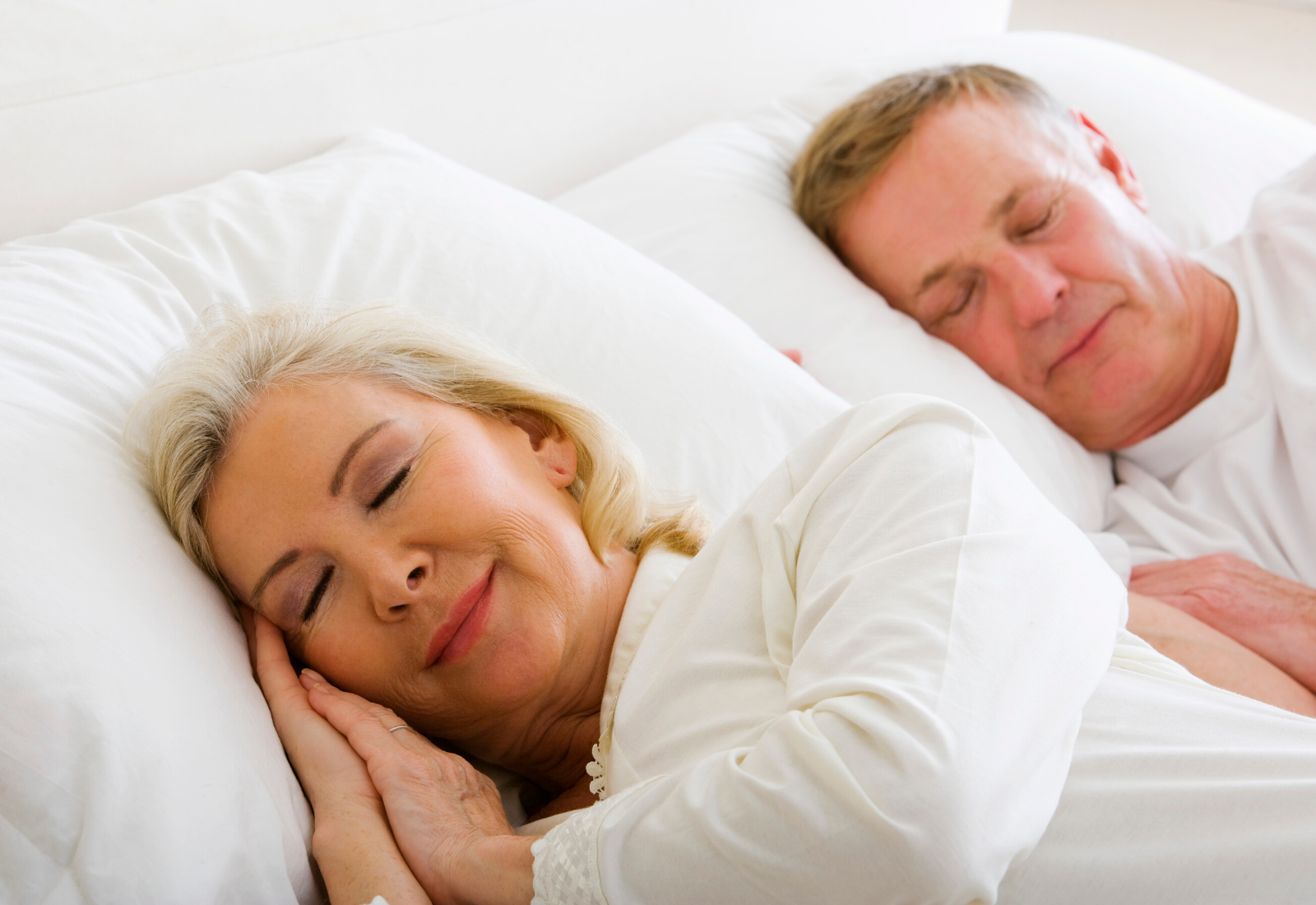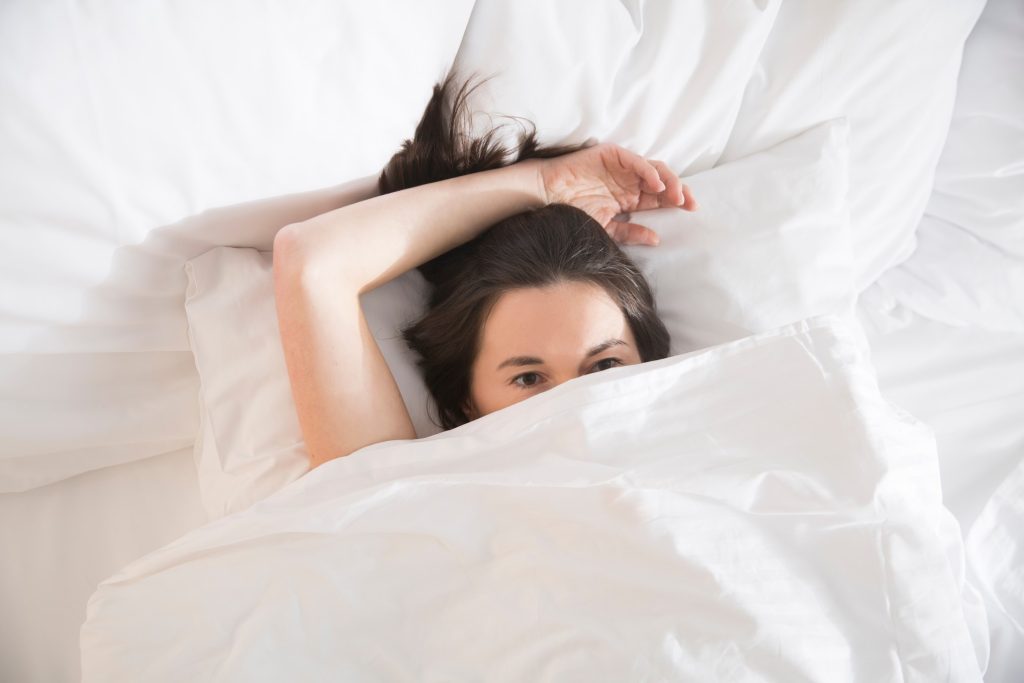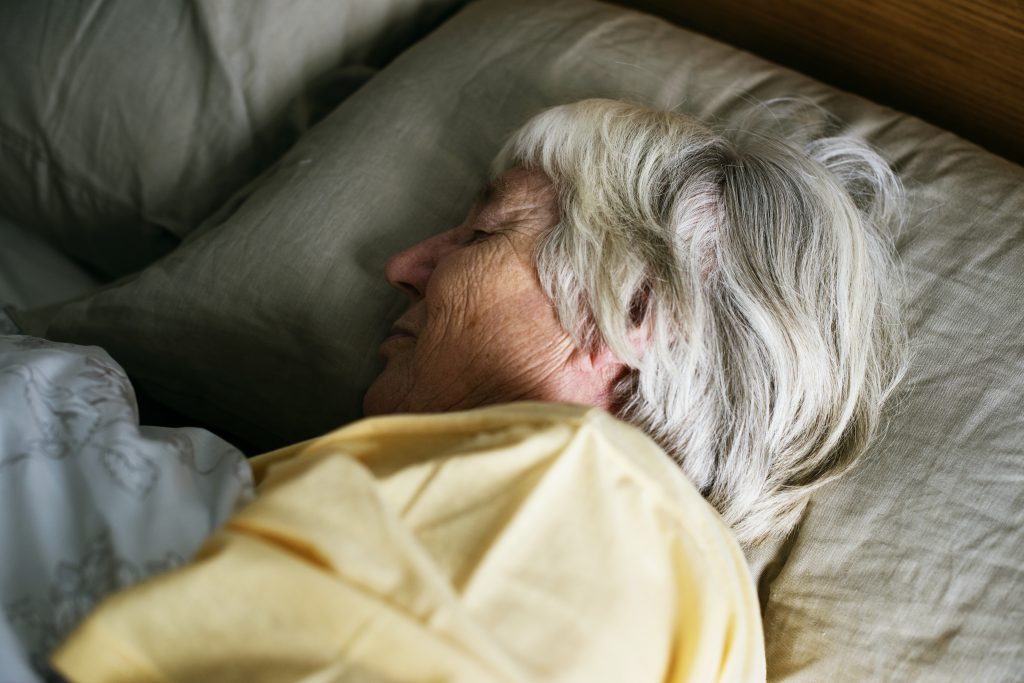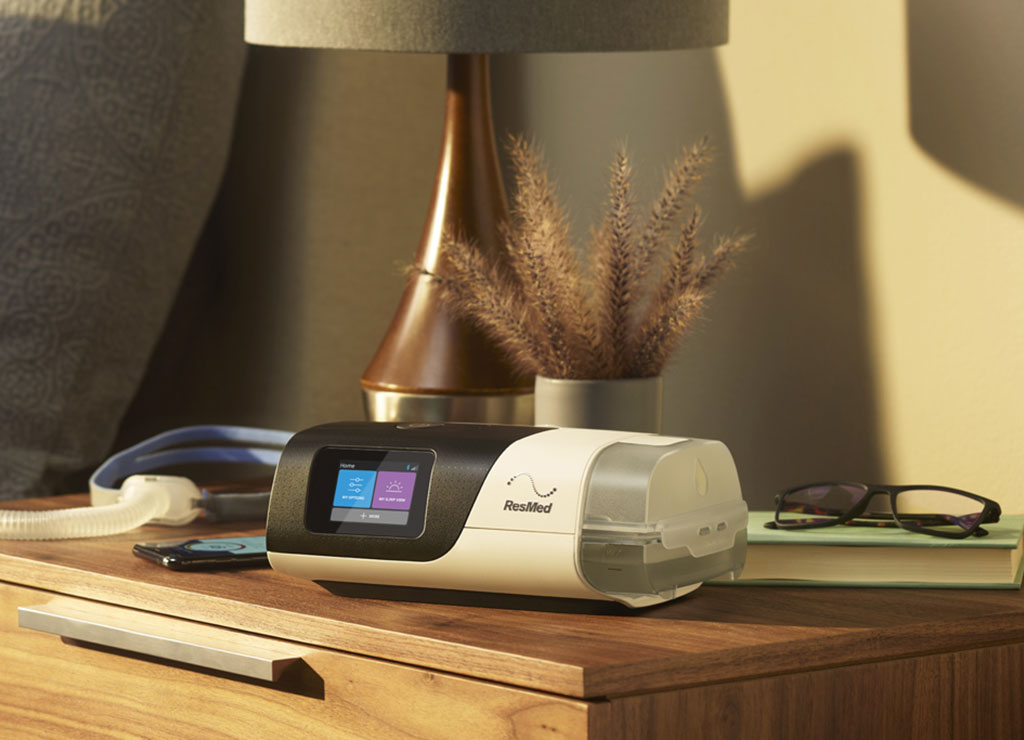Sleep Apnea is serious sleep disorder in which breathing stops repeatedly throughout the night. The causes of Sleep Apnea vary and the severity of symptoms is dependent upon the person.
There are two main types of sleep apnea:
- Obstructive Sleep Apnea: muscles of the airway relax and collapse causing periods of no breath during sleep
- Central Sleep Apnea: signals from the brain to the muscles of the airway are not sent properly causing repeated episodes of no breath
Obstructive Sleep Apnea, also known as OSA, is the most common.
Signs And Symptoms
It is important not to confuse the signs and symptoms with the causes of sleep apnea.
The causes of sleep apnea result in the symptoms, and the symptoms are often what prompt the sufferer to seek medical attention.
There is some significant overlap between OSA and Central Sleep Apnea symptoms, making it challenging to tell which you have. Some individuals do not realise they have sleep apnea at all. This is because some of the symptoms can be quite general. The best way to find out if you are suffering from any sleep disorder is to take part in a sleep study and obtain a professional opinion and appropriate diagnosis.
Here are some of the signs and symptoms of sleep apnea:
- Choking or gasping noises
- Loud snoring
- Episodes in which you stop breathing during sleep (reported by another person)
- Awakening with a dry mouth
- Morning headache or earache
- Difficulty staying asleep/broken sleep (insomnia)
- Excessive daytime sleepiness (hypersomnia)
- Difficulty paying attention while awake
- Irritability and mood changes
For more signs and symptoms of sleep apnea head here.
Causes of Obstructive Sleep Apnea
Both types of sleep apnea, as discussed above, have the same result: periods of non-breathing throughout the night.
However, the causes of this are different.
The most common, Obstructive Sleep Apnea, is caused by the relaxing of the muscles and soft tissue that make up the airway. Found in the back of your throat, these breathing muscles support your tonsils, uvula, tongue, sides of the throat/throat walls, and more.
When the muscles supporting those structures relax, they collapse inwards and cause a narrowing of the airway. This stops breath being able to be taken in, meaning less or even no oxygen intake.
As your body notices you are not receiving enough oxygen you awaken momentarily to open the air way and re-engage the muscles to allow oxygen to be taken in.
Usually this can be noticed by a gasping sound. The sufferer will not always remember these episodes but a partner or loved one may recall the sounds of gasping for air, choking and snoring as the airway becomes blocked, and then re-opens again.
This pattern can happen more than 30 times a night and usually all night, impairing your sleep quality and ability to reach REM sleep phase which is where rest and recovery happens.
As a result, you experience extreme fatigue during the day, irritability, headaches, mood change and even depression.
Sleep Apnea and Sleep Disorders are also the cause of many accidents where an individual is so tired, they fall asleep at the wheel, become clumsy and struggle to focus throughout the day.
Causes of Central Sleep Apnea
Whilst Central Sleep Apnea has many of the same symptoms and results the cause is different.
The brain is responsible for the collapsing of the airway rather than the muscles themselves.
Signals from the brain will usually keep our airways open and free during sleep, allowing us to maintain a normal breathing pattern.
However, someone with Central Sleep Apnea will experience periods of non-breathing as a result of a dysfunction in the brain.
The brain fails to send signals or will send faulty signals to the airway and breathing muscles, this results in the muscles not working properly and causing a narrowing which stops a normal breathing pattern.
The outcome is very similar to OSA.
The causes of both of these Sleep Disorders can be heightened or one can be more at risk with many factors.
However, anyone, including children can suffer with Sleep Apnea.
Risk Factors
- Excess weight. Obesity greatly increases the risk of sleep apnea. Fat deposits around your upper airway can obstruct your breathing.
- Neck circumference. People with thicker necks might have narrower airways.
A narrowed airway. You might have inherited a narrow throat. Tonsils or adenoids also can enlarge and block the airway, particularly in children. - Being male. Men are two to three times more likely to have sleep apnea than are women. However, women increase their risk if they’re overweight, and their risk also appears to rise after menopause.
- Being older. Sleep apnea occurs significantly more often in older adults.
- Family history. Having family members with sleep apnea might increase your risk.
- Use of alcohol or sedatives. These substances relax the muscles in your throat, which can worsen obstructive sleep apnea.
- Smoking. Smokers are three times more likely to have obstructive sleep apnea than are people who’ve never smoked. Smoking can increase the amount of inflammation and fluid retention in the upper airway.
- Nasal congestion. If you have difficulty breathing through your nose you’re more likely to develop obstructive sleep apnea.









